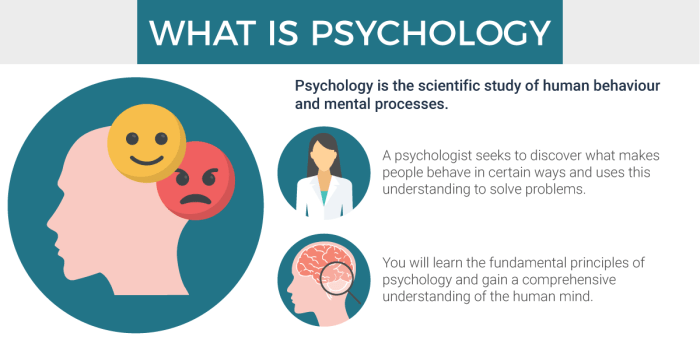Delving into the subject of study for an insect psychologist unveils a captivating realm of scientific inquiry that unravels the intricate complexities of insect behavior. This field of research delves into the cognitive, emotional, and social aspects of insect life, providing invaluable insights into the hidden world of these fascinating creatures.
Insect psychology encompasses a wide range of topics, including communication, learning, decision-making, and social interactions. By employing innovative observational and experimental methods, researchers have made significant strides in understanding how insects perceive and respond to their environment, offering a deeper appreciation for their remarkable capabilities.
Understanding the Subject of Study: Subject Of Study For An Insect Psychologist

Insect psychology is a branch of entomology that explores the mental processes, behaviors, and interactions of insects. It examines their cognitive abilities, learning mechanisms, communication systems, and social organization. The field aims to understand the psychological underpinnings of insect behavior, shedding light on their adaptability, survival strategies, and ecological roles.The
scope of insect psychology encompasses a wide range of topics, including:
- Cognitive processes (e.g., learning, memory, decision-making)
- Communication and signaling
- Social behavior (e.g., cooperation, aggression, mating)
- Behavioral ecology (e.g., foraging, habitat selection, predator-prey interactions)
- Evolutionary psychology (e.g., the adaptive significance of behaviors)
Despite its focus on insects, insect psychology also has implications for understanding the broader field of psychology. By studying the behavior of these highly diverse and successful organisms, researchers can gain insights into the fundamental principles of cognition, behavior, and sociality.Key
research questions in insect psychology include:
- How do insects learn and remember information?
- How do insects communicate with each other?
- What are the social structures and dynamics of insect societies?
- How do insects make decisions and solve problems?
- How do insect behaviors evolve over time?
These questions are fundamental to understanding the nature of insect behavior and its implications for both insects and the ecosystems in which they live.
Question & Answer Hub
What is the primary focus of insect psychology?
Insect psychology primarily investigates the cognitive, emotional, and social aspects of insect behavior, seeking to understand how insects perceive, learn, and interact with their environment.
How do insect psychologists conduct their research?
Insect psychologists employ a combination of observational and experimental methods, including field observations, laboratory experiments, and modeling techniques, to study insect behavior.
What are some of the key findings in insect psychology?
Insect psychology has revealed that insects exhibit complex cognitive abilities, such as learning, memory, and decision-making. They also display a range of emotions, including fear, aggression, and altruism, and engage in sophisticated social interactions.
How is insect psychology applied in the real world?
Insect psychology has practical applications in pest management, conservation biology, and the development of artificial intelligence systems inspired by insect behavior.


